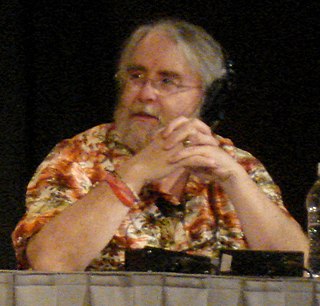A Quote by Steve Jobs
We live in an information economy. The problem is that information's usually impossible to get, at least in the right place, at the right time.
Quote Topics
Related Quotes
On the one hand information wants to be expensive, because it's so valuable. The right information in the right place just changes your life. On the other hand, information wants to be free, because the cost of getting it out is getting lower and lower all the time. So you have these two fighting against each other.
In the pre-capitalist world, everyone had a place. It might not have been a very nice place, even maybe a horrible place, but at least they had some place in the spectrum of the society and they had some kind of a right to live in the place. Now that's inconsistent with capitalism, which denies the right to live. You have only the right to remain on the labour market.
We believe that we live in the 'age of information,' that there has been an information 'explosion,' an information 'revolution.' While in a certain narrow sense this is the case, in many important ways just the opposite is true. We also live at a moment of deep ignorance, when vital knowledge that humans have always possessed about who we are and where we live seems beyond our reach. An Unenlightenment. An age of missing information.
School districts around the country, and the taxpayers that support them, have a moral right to the information the NFL might have concerning the medical aspects of the game, and to assess the risks to the students in their charge. Colleges have a moral right to that information for the same reasons.



































